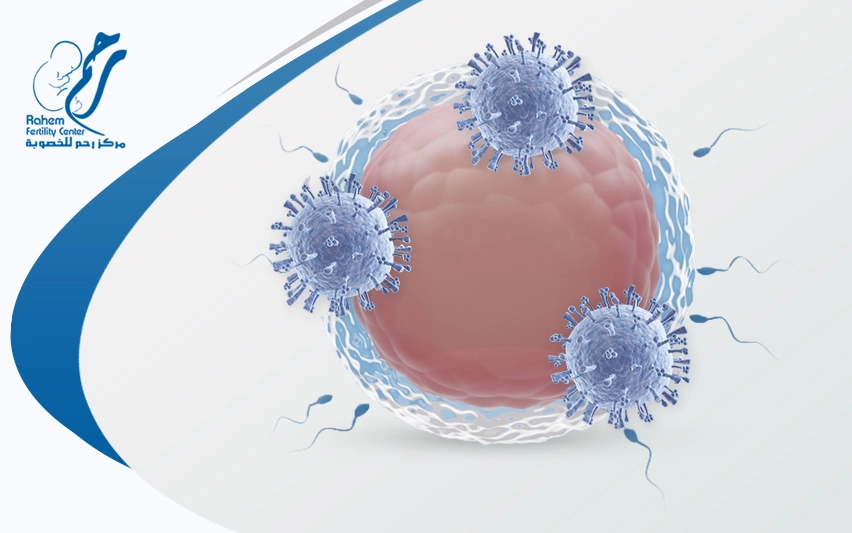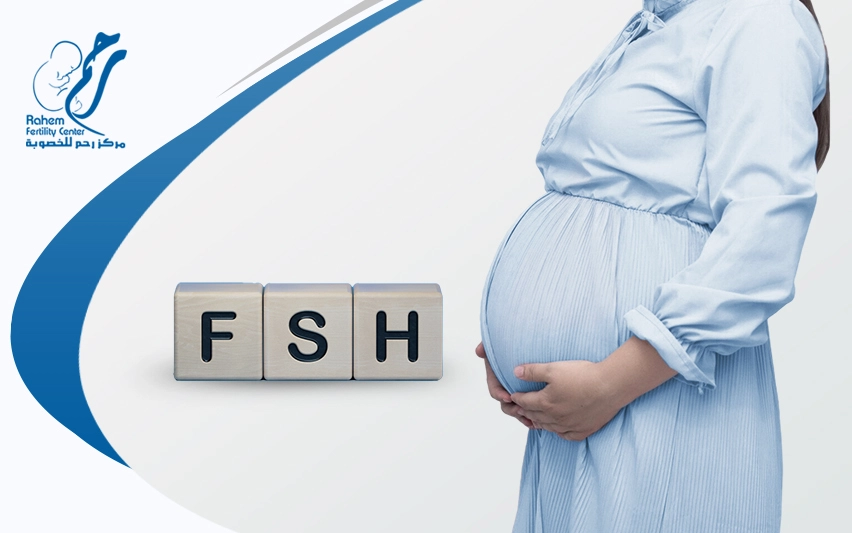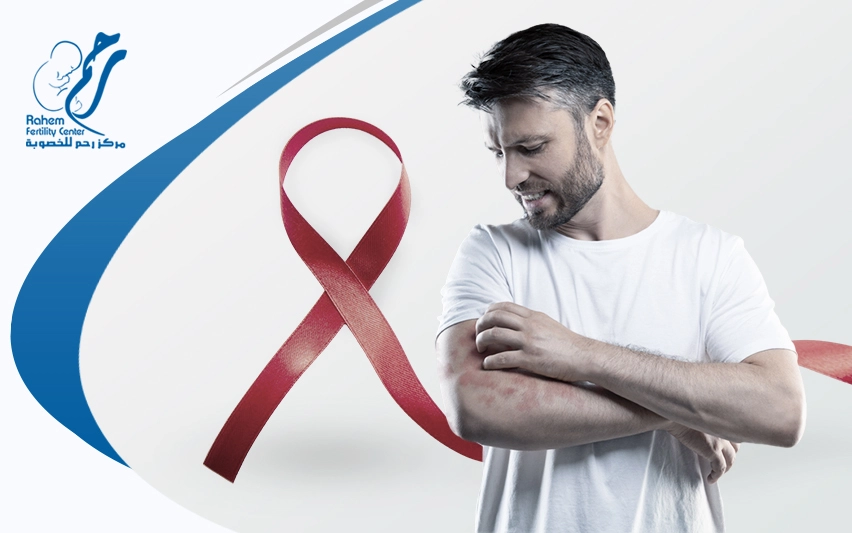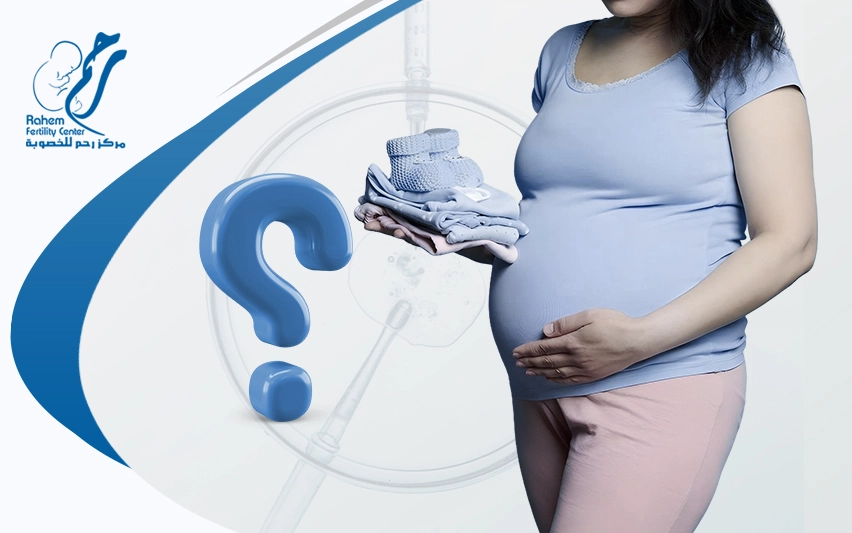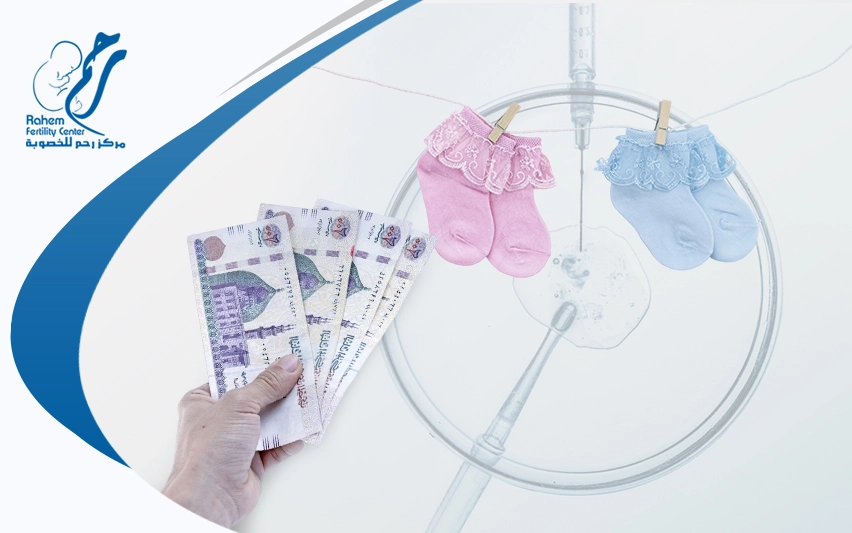When couples consider fertility treatment, one of the most common options is intracytoplasmic sperm injection (ICSI). Before making such an important decision, it helps to understand both sides of the treatment.
Asking about ICSI advantages and disadvantages ensures patients weigh benefits against possible drawbacks rather than focusing on success rates alone.
ICSi Advantages and Disadvantages: Understanding the basics
ICSI is a specialized form of IVF where a single sperm is injected directly into an egg. It was originally developed to address severe male infertility, but today it is used in a wide range of cases, from previous IVF failure to genetic testing.
By reviewing the advantages and disadvantages of ICSI, couples can better prepare for what the journey may involve and set realistic expectations.
The advantages of ICSI
The benefits are often clear for patients with male-factor infertility or unexplained fertilization issues. Among the most important advantages are:
- Helps severe male infertility: Even when sperm count is very low or motility is poor, ICSI can make fertilization possible.
- High fertilization rates: Because sperm is placed directly into the egg, fertilization rates are higher than in conventional IVF for certain cases.
- Overcomes sperm barriers: Abnormal sperm shapes or motility issues are bypassed.
- Useful with surgically retrieved sperm: For men who have no sperm in their ejaculate, ICSI can use sperm obtained surgically.
- Supports genetic testing: ICSI reduces contamination risk when embryos are tested for inherited conditions.
- Can help in unexplained infertility: When IVF fails without a clear cause, ICSI may succeed.
Patients weighing the pros and cons of ICSI often find reassurance in knowing that modern labs and skilled embryologists improve their chances of having viable embryos.
The disadvantages of ICSI
No treatment is without its downsides, and understanding them is just as important as recognizing the benefits. So, what is the disadvantage of ICSI?
- Not always needed: Studies show that in couples without male infertility, ICSI may not improve results compared to IVF.
- Cost: It is typically more expensive than standard IVF. (See more about icsi treatment cost for details.)
- Risks of complications: Although rare, egg damage during injection is possible.
- Potential genetic concerns: Because sperm is chosen and injected regardless of motility, some genetic issues may be passed on.
- Emotional pressure: Couples may feel stress due to high expectations when choosing ICSI over IVF.
This balance between benefits and drawbacks forms the heart of icsi advantages and disadvantages, guiding couples to make informed decisions.
Treatment length and expectations
Many couples ask, How long does an ICSI treatment take from start to finish? Typically, ovarian stimulation lasts 10-12 days, followed by egg retrieval and fertilization.
Embryos are transferred on day 3 or 5, with a pregnancy test about two weeks later. From the start of stimulation to the final test, a full cycle usually takes 4-6 weeks.
Knowing the timeline is essential when considering the icsi advantages and disadvantages, because it allows couples to plan emotionally and practically for the treatment process.
A deeper look at the pros and cons of ICSI
When analyzing the ICSI advantages and disadvantages, it helps to look at both clinical outcomes and patient experience.
Clinical strengths
- Reliable fertilization: For male factor infertility, ICSI often succeeds where IVF would fail.
- Flexibility: Can be combined with frozen eggs or sperm, making it useful in many treatment settings.
- Track record: Decades of data show ICSI has become a standard practice worldwide.
Clinical drawbacks
- Not a cure-all: ICSI can help eggs fertilize, but it cannot improve egg quality or guarantee implantation.
- Similar pregnancy rates to IVF: In couples without male factor infertility, studies show pregnancy and live birth rates are not significantly better than standard IVF. (See Which is better, IVF or ICSI for a direct comparison.)
- Risks of multiple cycles: If implantation fails, couples may still need repeated attempts, which can be physically and emotionally draining.
Considering safety and well-being
When reviewing icsi advantages and disadvantages, safety is a frequent concern. While ICSI is generally safe, it does carry risks similar to IVF. For more details, see icsi risks and benefits. Couples also worry about comfort during treatment.
Many ask, Is it painful? Resources such as is icsi treatment painful explain that with sedation and modern protocols, most discomfort is temporary and manageable.
Emotional and financial aspects
Beyond the medical science, couples should consider the emotional and financial realities. ICSI can bring hope after years of infertility, but its cost is higher than conventional IVF, and the emotional toll can be significant if multiple cycles are needed.
For couples comparing the pros and cons of ICSI, acknowledging these realities can help them prepare mentally and financially.
Success and realistic expectations
Fertilization rates per egg are high, but overall live birth rates depend on maternal age, egg and sperm quality, and uterine health.
National statistics, such as those provided by health authorities, show that ICSI and IVF often have comparable success rates outside severe male infertility. For a broader context, patients can explore IVF success rate data.
Moving forward with confidence
The main strength of ICSI is its ability to overcome severe male infertility and provide hope where natural fertilization is not possible. The main drawback is that it does not guarantee success and comes with a higher cost and emotional investment.
At Rahem Fertility Center, our specialists combine years of expertise with advanced laboratory technology to guide patients through each step.
Whether you are comparing IVF to ICSI or weighing the ICSI advantages and disadvantages, our team provides transparent information, compassionate care, and tailored treatment plans designed to maximize your chance of success.




